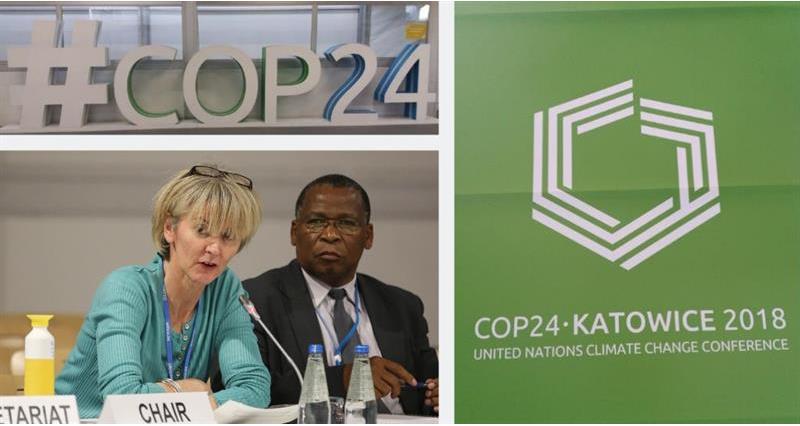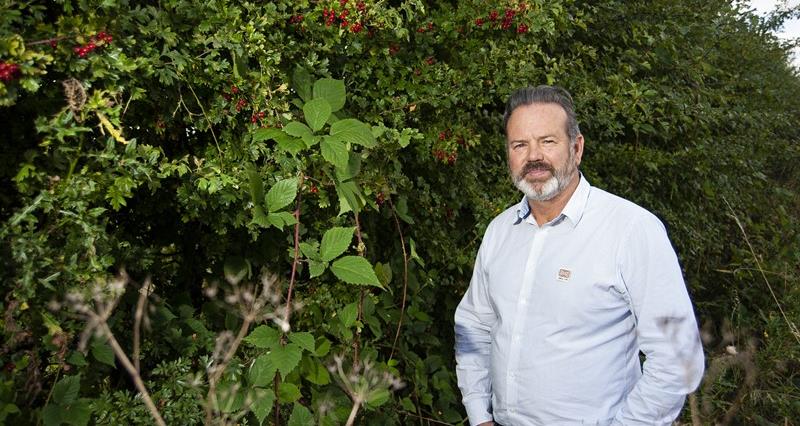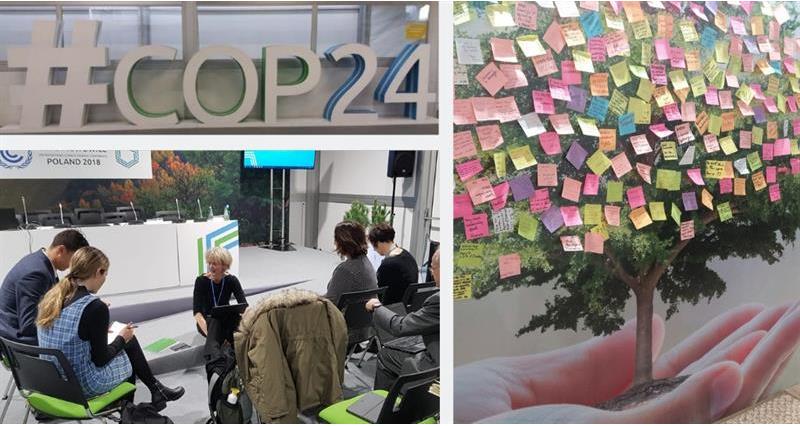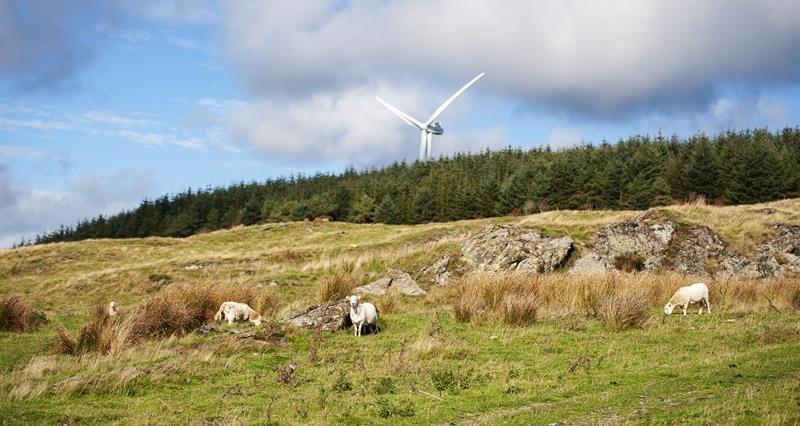Government representatives had the opportunity to quiz various bodies working on technology transfer, finance and adaptation about how they were including agriculture in their work - and if not, why not?
One farmer in the room, NFU Environment Forum member Richard Bramley from the North East, got the opportunity to have his say – that it is critically important that farmers are at the centre of all these discussions because they are good at solving problems with really practical solutions.
What's the focus for COP24?
This year’s climate summit is really important for global progress on climate change.
Governments need to adopt the guidelines for how the 2015 agreement signed in Paris will be implemented, send clear signals that they will strengthen their climate commitments by 2020 (current commitments won’t limit temperature rise to 1.5/2oC) and deliver adequate finance to developing countries to address climate change.
Key dates
2 December: WFO (World Farmers Organisation) reception for ‘friends’ of agriculture.
3 December: First Koronivia workshop on ‘Modalities for implementation of the outcomes of the five in-session workshops on issues related to agriculture and other future topics that may arise from this work’.
5 December: Farmers' Day. A WFO event on its new Farmers' Driven Climate Agenda.
Farmers' Day
On Wednesday 5 December, designated Farmers Day at COP24, the World Farmers' Organisation (WFO) launched its Farmers Driven Climate Change Agenda, designed to enhance the position of farmers in the global political discussion around climate change.
Farmers worldwide have a critical role to play in the sustainability of the planet, and they want to have their say in the decision-making process. Too often, others have spoken on their behalf. In this agenda, farmers take the lead, proposing solutions that are farmer-driven, science-based and result-oriented.
This is a completely different approach – a truly bottom-up process – that gives farmers a leading role. And this is just the start of the process. Over the next year, members of the WFO in the Americas, Europe, Africa, Asia, and Oceania will be meeting to discuss their agendas. These will be measures, investment needs and policy requirements to improve productivity, reduce their GHG footprint and better manage climate volatility. Watch this space!
Speaking on behalf of farmers
NFU climate change adviser Dr Ceris Jones was given the opportunity to present the key asks of farmers worldwide: innovation and technology transfer, and research and extension services, to boost productivity and resilience in support of world food security.
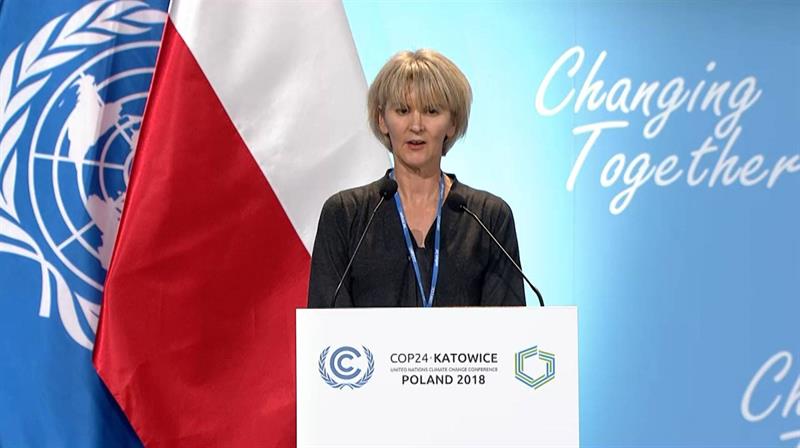
The ‘High Level Segment’ sees Ministers and Heads of State delivering their national statements, on their policies and ambition to tackle climate change and to prepare for its impacts. This part of the climate talks also offers non-governmental organisations – such as research bodies, trades unions, environmental organisations and farmers – a platform to have their say.
